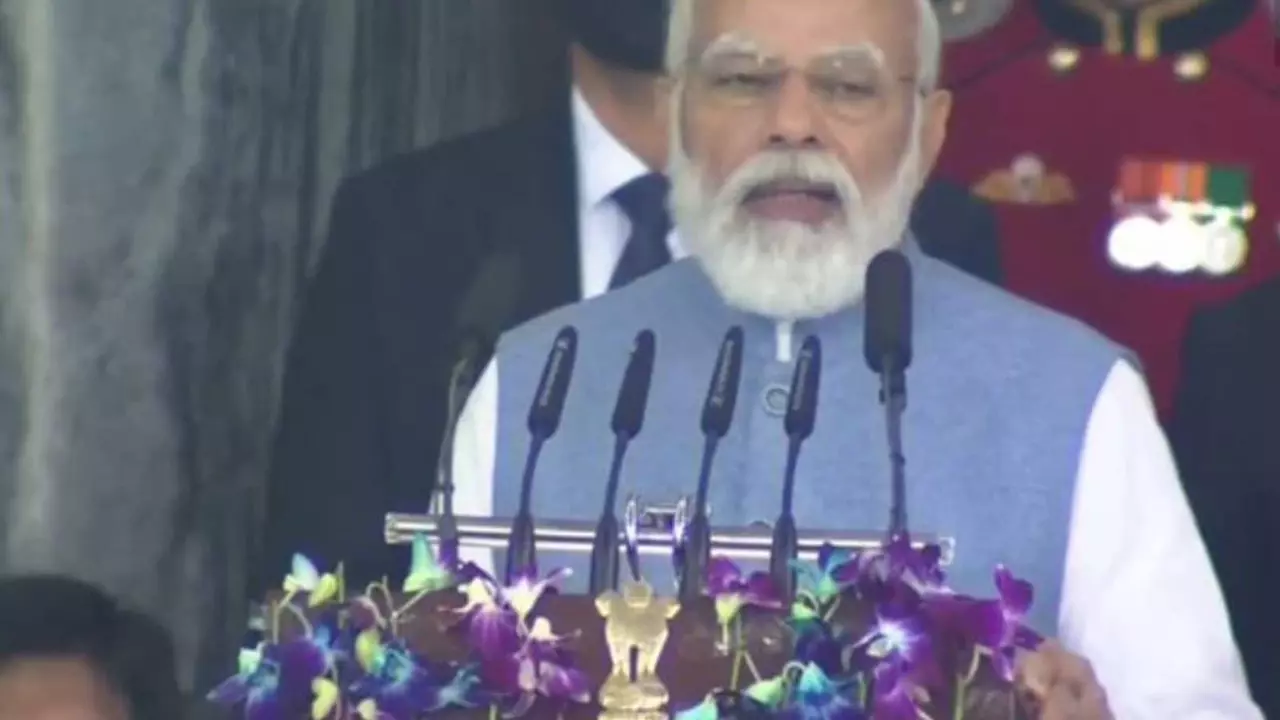Democracy in India: What It Means for You
When you hear the word "democracy," you probably picture voting, debates, and a government that listens. In India, that idea touches everything from the job you apply for to the laws that protect wildlife on the road. Let’s break down how democracy works on the ground and why it matters to anyone scrolling through government job updates.
Transparency: The Supreme Court Opens Its Doors
One of the biggest wins for Indian democracy recently was the Supreme Court putting the Office of the Chief Justice under the RTI Act. That move lets citizens request information about the highest court’s workings. It’s not just legal jargon – it means you can ask why a particular judgment took months and get a real answer. This kind of openness builds trust and shows that even the top judges are accountable.
Legal Reforms that Echo Democratic Values
Democracy isn’t only about voting; it’s also about having fair laws. The Modi government’s push to update the Indian Penal Code (IPC) and the Criminal Procedure Code (CrPC) is a case in point. Modernizing these codes aims to speed up trials, protect victims, and cut down on arbitrary arrests. When laws evolve, ordinary people feel the impact – faster case resolutions, clearer rights, and fewer loopholes for misuse.
Another example is the growing conversation around wildlife protection. Under the Wildlife Protection Act and the newer Wildlife Conservation Act, even roadkill of protected animals can lead to fines and jail time. These statutes reflect democratic principles: the public can demand that the government safeguard its natural heritage, and lawmakers respond with concrete penalties.
For job seekers, democratic reforms can open doors. New regulations often create fresh positions in compliance, environmental monitoring, and legal analysis. If you’re tracking government vacancies, keep an eye on departments tied to these reforms – they’re likely to post fresh openings.
Democracy also fuels citizen participation beyond the ballot box. Right to Information (RTI) requests, public hearings, and online petitions let you voice concerns about anything from delayed ITR filings to airport debt recovery. Speaking of ITR, the recent extension to September 15, 2025, shows how government timelines adapt to public feedback and technical glitches, a small but noticeable sign of a responsive system.
So, what can you do right now? Start by using RTI to ask questions that affect your life – maybe the status of a local infrastructure project or the criteria for a new civil service exam. Follow updates on legal reforms, because each amendment could mean a new job posting or a change in eligibility.
Remember, democracy isn’t a static monument; it’s a daily practice. By staying informed about transparency moves, legal updates, and citizen rights, you turn abstract concepts into tools that help you land that government job, protect your community, and hold power accountable.
